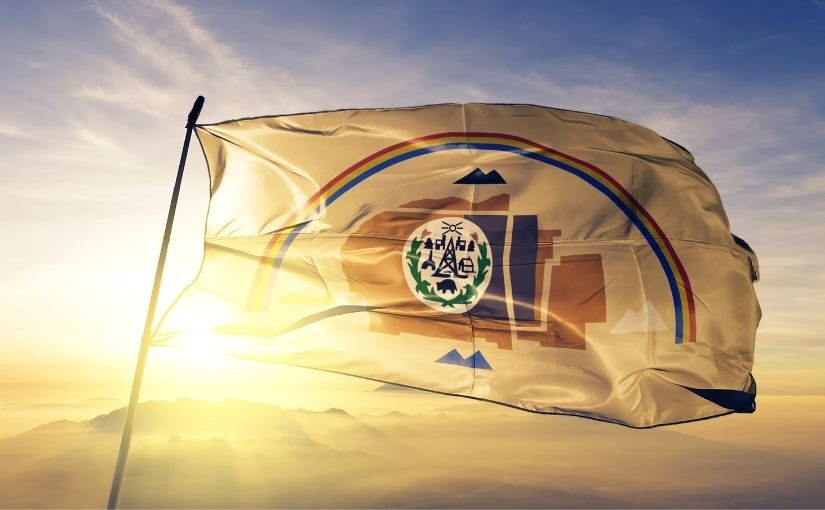By Nancee Noel
Having lived in Arizona for 16 years, I am surprised how little acknowledgement and attention is given to the many indigenous people who also inhabit our state. There are actually 22 federally recognized tribes in Arizona. That’s a lot of people!
I won’t try to name the tribes, as anyone interested can Google that.
With the media emphasizing systemic white privilege and racial biases, indigenous people are gaining more political power necessary to deal with their issues. Many rural homes on the Navajo reservation do not have running water due to the difficulties and expenses of getting water to them in the desert area they inhabit. Not only is it a physical desert, but also a food desert with most people having access only to the gas station groceries. This means limited availability of fresh produce.
There is a great need for attention to infrastructure, including internet which is unavailable to many. Cases regarding the disappearance of indigenous women and girls often go unsolved. Still, the nations are making progress.
When the 116th Congress convened, it had four Native Americans which, from what I was able to find, is the largest number of native peoples ever in the U.S. Congress. For the first time in our history, a native person, Deb Haaland, is head of the Department of Interior. Arizona native peoples’ votes in the 2020 election were instrumental in turning AZ blue. Some had to drive 100 miles to cast their vote. Now, Arizona voter repression bills are making it even harder for them to vote. When COVID-19 struck, the native population was hard hit. However, according to the Navajo Nation President, Jonathan Nez, lockdown and mandated mask wearing stopped it in its tracks.
Native Peoples need all of us to get behind them. As Billie Fidlin, founder and president of Whisper N’ Thunder states, “To be the best ally, we take our lead from Indigenous elders.”
In October of 2020, the Southwest Conference passed a resolution to create an “Awakening of Racial Injustice” on the part of member congregations and individuals of our respective congregations. Soon thereafter the Church of the Palms Church Council adopted the 15 steps to increase the awakening of racial injustice. One of those steps is to “Provide information about, and the impact of racism on Black, Indigenous, and other People of Color, through newsletter articles.” The article above was written by Nancee Noel, a part of our Social Justice Action Team and member of West Valley Center for Spiritual Living. Look for more articles addressing this topic in future Palm Leaf editions.
